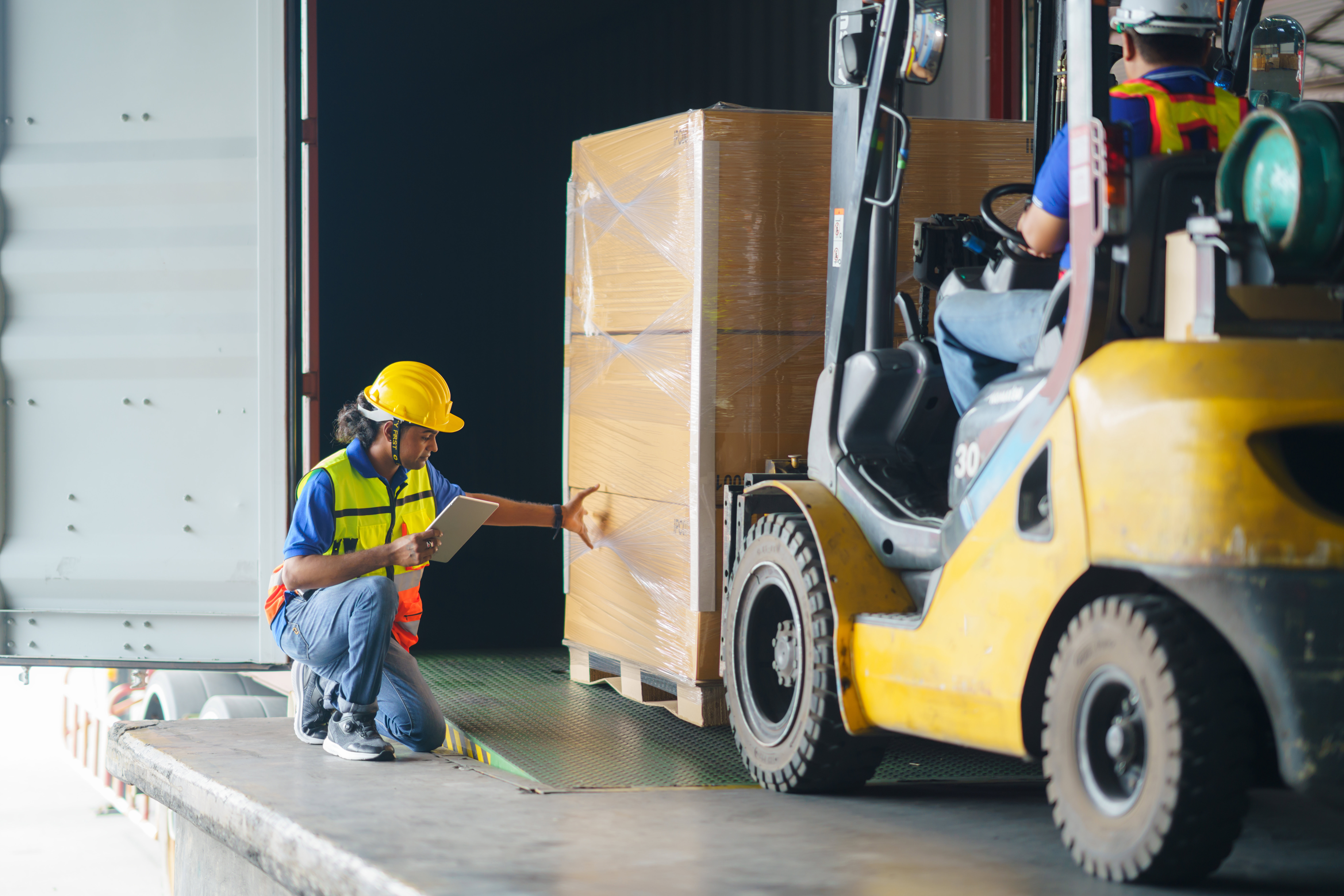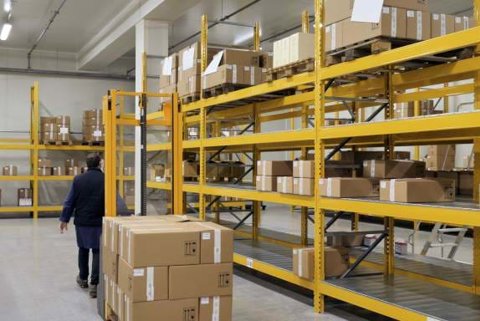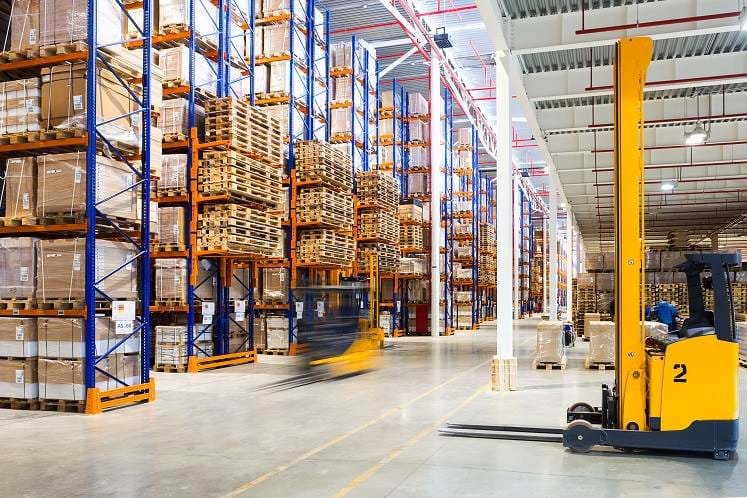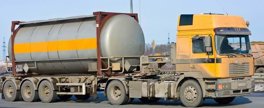With the advances that have been made in workplace safety over recent years, it would be easy to assume that serious injuries and fatalities at work are largely a problem of the past. But unfortunately, we still see certain industries and sectors that continue to experience high numbers of employee injuries and deaths,
Many employees still find themselves being put under increasing pressure to work quickly as employers push to meet customer demand and deadlines. This can lead to workers becoming exhausted and safety standards being compromised.
As a result, the likelihood of an accident at work occurring is increased, especially if workers are operating heavy lifting equipment such as forklift trucks.
Forklift trucks and other heavy lifting equipment provide an effective method for lifting, transporting and stacking loads in places such as:
- warehouses
- supermarkets
- building sites
- loading bays
- factories
- ports and airports
When used safely, there’s no denying that forklift trucks help to reduce the risk presented by manual handling injuries, but they can still be dangerous if employers haven’t taken basic preventative measures, such as putting a safe system of work in place and carrying out proper risk assessments.
Our expert Serious Injury Solicitors often speak to people who have been injured in this type of accident and have helped many people get the compensation, care and support they desperately need.
If you’ve been injured in a forklift truck accident and want to discuss your options, get in touch with our team of specialists for a free claims assessment. We’ll be happy to discuss your situation with you as well as how we can help. We could even help you on a No Win No Fee basis.












